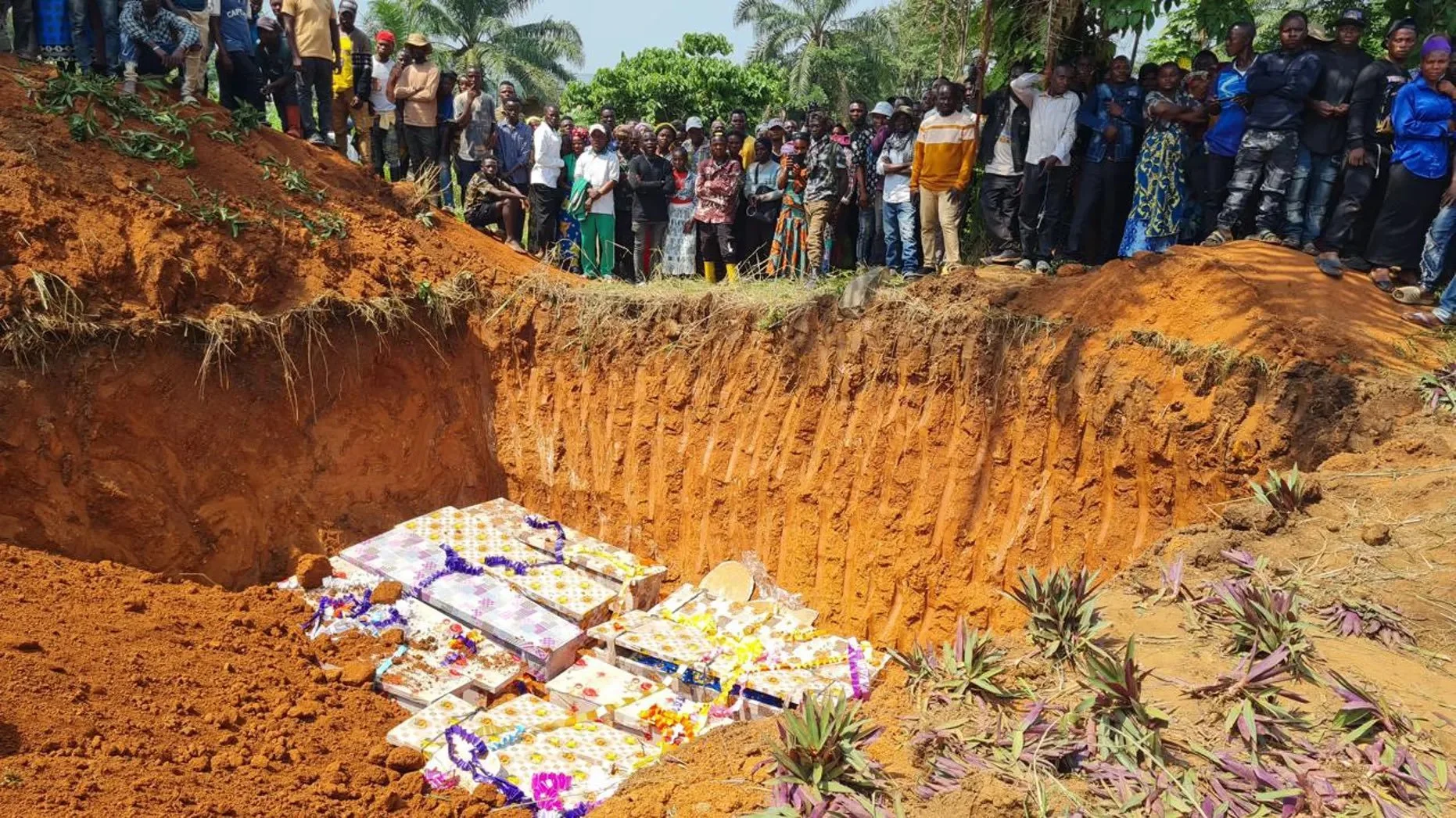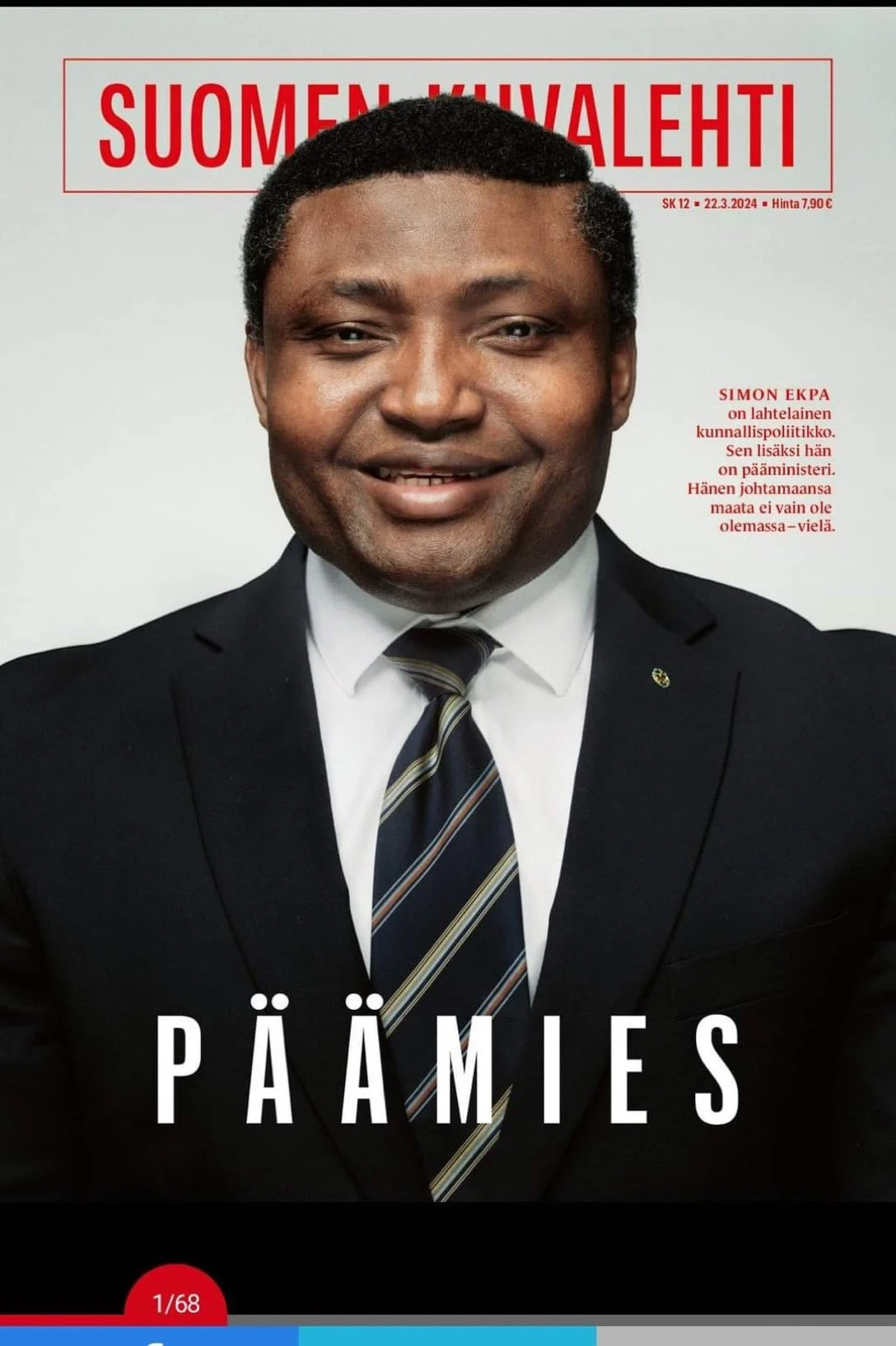CHRISTIAN GENOCIDE: BIAFRA Advocates for a Two-State Solution



Advocating for a Two-State Solution: The Path to Peace for Christians in Biafra Region
Written by Nnamdi Iheukwumere
In a recent episode of HBO's Real Time with Bill Maher, the host shone a spotlight on a grim reality that has been largely overlooked by global media: the systematic killing of Christians in Nigeria by militant Islamist groups like Boko Haram since 2009.
Maher pointed out the stark contrast in international attention—while conflicts like Gaza receive wall-to-wall coverage, the slaughter of thousands in Nigeria barely registers, perhaps because it lacks the geopolitical flashpoints involving certain groups. This discussion, ties directly into the longstanding calls for Biafran independence, framing it as a potential two-state solution to end the cycle of violence and division in Africa's most populous nation.
The historical roots of the Biafran struggle run deep. In 1967, the southeastern region of Nigeria, predominantly inhabited by the Igbo people who are mostly Christian, declared independence as the Republic of Biafra amid ethnic tensions and pogroms following Nigeria's independence from British rule. The ensuing civil war resulted in over a million deaths, many from starvation due to blockades.
The war ended with Biafra's reintegration into Nigeria, but the grievances—economic marginalization, political exclusion, and cultural erasure—never fully dissipated. Since the return to democracy in 1999, the movement has resurged, led by groups like the Indigenous People of Biafra (IPOB), which advocates for self-determination through peaceful means, including referendums.
Fast forward to 2025, and the situation has only worsened. Nigeria remains a hotspot for Christian persecution, with reports indicating that over 7,000 Christians have been killed this year alone, averaging 35 deaths per day.Groups such as Boko Haram, its splinter Islamic State West Africa Province (ISWAP), and Fulani militants have targeted Christian communities in the Northeast, Northwest, and Middle Belt regions, displacing millions and destroying livelihoods. In August 2025, at least nine people, including a police officer, were killed in attacks on Christian farming communities.
This ongoing crisis has fueled renewed demands for Biafran independence. In late 2024, the United States of Biafra symbolically declared independence.
Indigenous people of Biafra’s sit-at-home protests have paralyzed the southeast, highlighting widespread support but also economic costs and fears of escalation.
The trial of IPOB leader Nnamdi Kanu, marked by irregularities, has become a flashpoint, drawing international scrutiny and galvanizing the movement.
Recent events, including a controversial Finnish court ruling acknowledging Biafran aspirations while sentencing figures involved, reflect growing global awareness.
True freedom eludes Nigeria under its current structure.
A two-state solution—allowing Biafra to secede peacefully—offers a pragmatic path forward.
First, it aligns with the principle of self-determination enshrined in international law, as seen in cases like South Sudan's independence from Sudan in 2011 or the ongoing discussions for a Palestinian state.
Biafra's distinct ethnic, cultural, and religious identity, coupled with its resource-rich oil fields, could enable a viable independent nation, reducing Nigeria's internal conflicts and allowing both states to focus on development.
Second, separation could stem the violence: The Biafran region, being predominantly Christian, would no longer be vulnerable to northern-based jihadist incursions, potentially saving thousands of lives annually.
Data from organizations like Genocide Watch and Open Doors contradict critics, showing disproportionate impacts on Christians.
Moreover, the media's silence, as Maher noted, stems from biases where African conflicts without Western strategic interests are sidelined. This "out of sight, out of mind" approach perpetuates suffering, but a two-state framework could draw international mediation, similar to the Oslo Accords.
Economically, Biafra's independence might foster stability; the current unrest hampers investment in the southeast, with protests costing billions.A peaceful partition, negotiated with guarantees for minorities and resource sharing, could mirror successful separations like Czechoslovakia's Velvet Divorce.
The plight of Nigerian Christians, exemplified by the unchecked atrocities of groups like Boko Haram, demands bold action. A two-state solution for Biafra is not just about rectifying historical injustices—it's about preventing future genocides and promoting lasting peace. The international community, including the UN and major powers, must support a dialogue. As voices on X and beyond rally with hashtags like #Biafra and #FreeMaziNnamdiKanu, it's time to listen.

